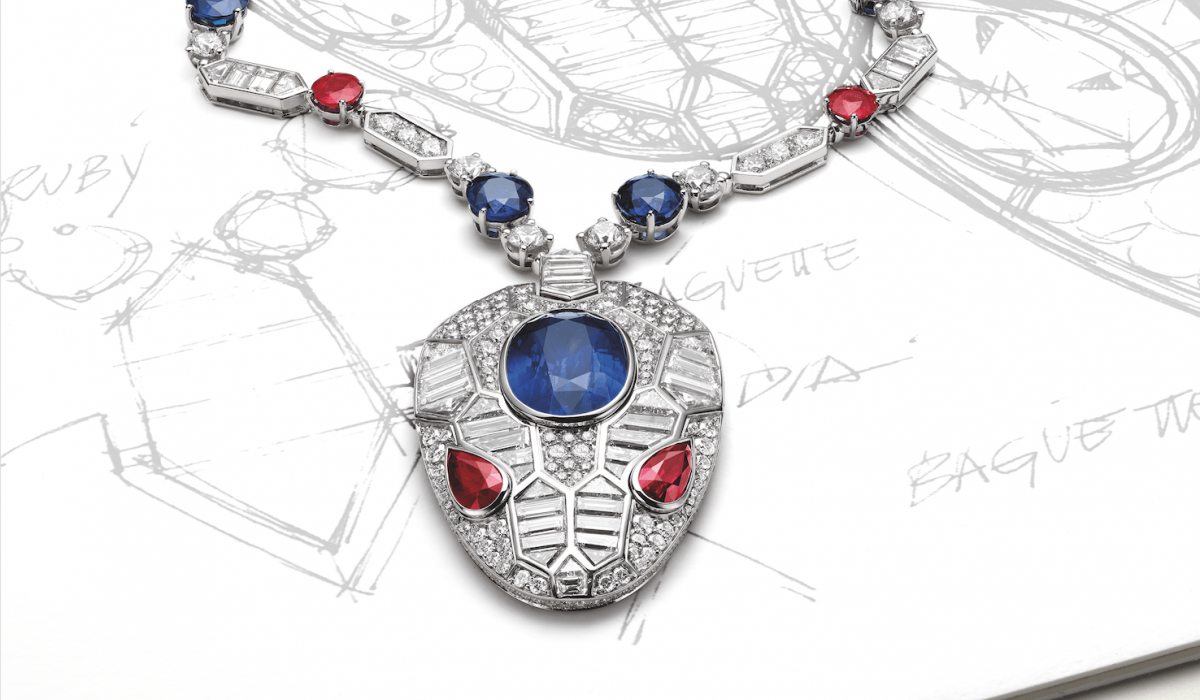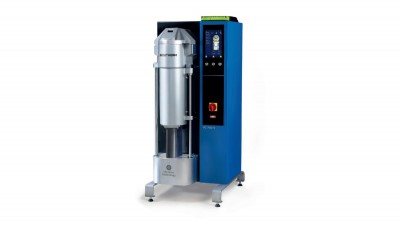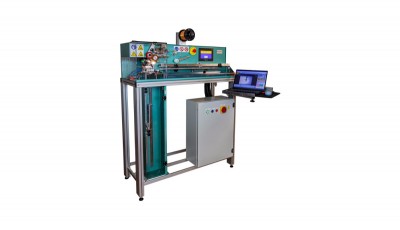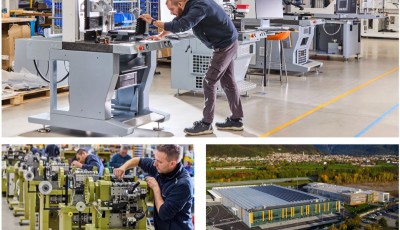Conflict-Free Metal
In 2015 Bulgari Gioielli obtained CoC certification. This article outlines Silvia Bezzone’s metal Chain of Custody experience
The Responsible Jewellery Council (RJC) was founded in 2005 in reply to the consumers’ need for jewellers to also follow the practices of responsible business. In 2012, the RJC published the Chain-of-Custody (CoC) standard for precious metal supply chains in order to guarantee the ‘responsible source’ of all materials produced and processed both within and external to the entire jewellery supply chain. The term ‘responsible source’ means ‘conflict-free’ metal, produced, transformed and transported responsibly along every stage of the supply chain: from the mine to the final customer. In 2015, Bulgari Gioielli obtained CoC certification. Projects launched on an international scale have focussed on favouring forms of sustainable development, especially in developing countries where raw materials are extracted and, at the same time, encouraged competition in the sector by installing trusting relations between companies and consumers. ‘Nowadays, company leadership is closely linked to credibility: customers and shareholders need to be sure that our constant search for excellence is also reflected in the behaviour and commercial relations that Bulgari Gioielli has with its suppliers. Being in the luxury business and belonging to the LVMH group has increased social and environmental responsibility which the Maison must know how to maintain,’ explains Silvia Bezzone. The first step was to find a certified gold supplier. The next was to ensure that the metal was kept segregated during the internal production stages and to engage suppliers for the refining and semi-processing. ‘We came up against an organization that still wasn’t ready: the company decided to get its own suppliers to evolve by constructing specific lines, step by step.’ Metal flows within the company were analyzed at a later date. One of the critical points for keeping the CoC metal segregated during the next steps, was the purchase of soldering paste containing conflict-free metal. Difficulties were also found in filing and waste processing management.
Another critical point were the external stages for which information and training sessions are required so that the activities foreseen by the standard are respected. In the case of mined metal, further in- formation must be provided regarding the source and mine and transporter ethicality. It is the guarantor’s responsibility, when applying the CoC standard, to verify that everything outlined in the document is true and checked periodically. ‘Bulgari Gioielli embarked on the road to certification in 2013 and the first objective was reached in 2015 with completion scheduled for 2017. Since dramatic terrorist events are often financed by the illegal trafficking of raw materials such as metals and precious stones, our company was the first in Italy to decide to undertake this challenging path. We sensitized our suppliers and contractors. The costs are decidedly lower compared to the importance of the question and the consequences that damage deriving from non-ethical trade, environmental disrespect and ignoring the will of the customer can cause. Fortunately, both European and United States’ legislation is moving towards drafting norms that clearly define every supply chain player’s responsibility. It is hoped that every Italian and European company will be participating in this highly important topic within a few years.’







